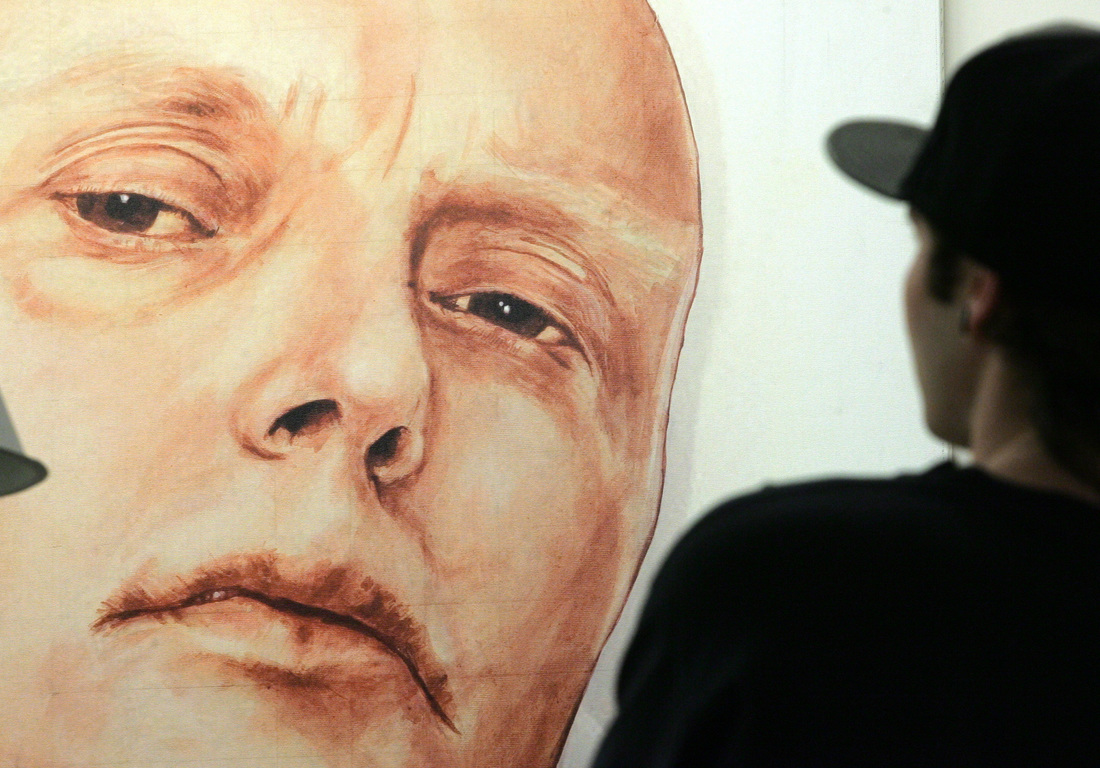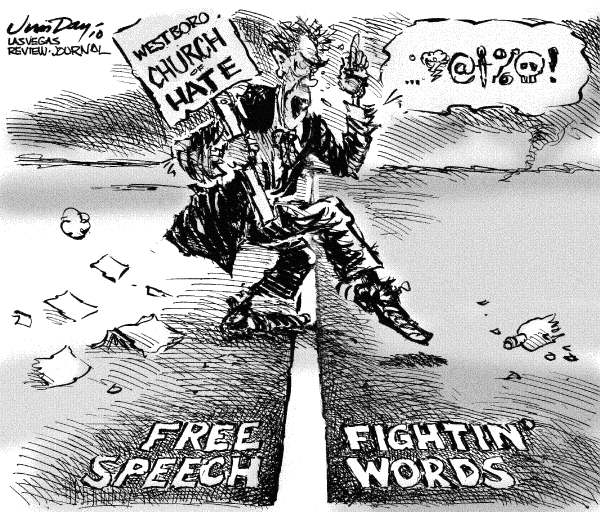There has been some strong reaction to the report, the shadow home secretary at the time of the murder, David Davis has commented;
“We need to go after the financial assets of Putin in the Bahamas and in Cyprus. Eventually you get to a point when with a dictator you have to draw a line as we did in the Thirties”.
The former Labour culture secretary Ben Bradshaw reiterated this view;
“When is the government going to take meaningful action against the dirty Russian money and property here in London that sustains the Putin kleptocracy, and when is the government going to implement the will of this House - passed overwhelmingly in 2012 - in favour of a Magnitsky-type legislation”.
Alexander Litvinenko was born in December 1962 in the Russian city of Voronezh. He went to military college, in the footsteps of his grandfather who fought in the Second World War. He was quickly recruited into the KGB – training in Siberia then posted to Moscow in the late '80s.
He focused on combating organised crime, and became convinced of collusion between officials of the FSB – including Vladimir Putin and Nikolai Patrushev – and the "Tambov" criminal group that smuggled heroin from Afghanistan to western Europe.
In 1998 he held a press conference denouncing the FSB, Russia's Federal Security Service and successor organisation to the KGB (of which Mr Putin was then the director), calling it corrupt, criminalised and a "system from which people needed to be protected".
He was subsequently arrested several times, and finally left Russia in October 2000 with his family. He landed at Heathrow, walked up to the first police officer in the arrivals hall and said: "I am KGB officer and I'm asking for political asylum."
In 2006 the family were naturalised as British citizens. Litvinenko was working as a journalist and adviser on Russian individuals and organisations (and almost certainly working for, or at least advising MI6).
On November 1st 2006 Litvinenko was admitted to hospital after he began vomiting over and over. On November 21 a hospital pharmacist suggested a radioisotope could have been used to poison Litvinenko. Blood and urine samples were sent to the British Atomic Weapons Establishment, which revealed the presence of polonium-210. He died on November 23rd after his third cardiac arrest.
Litvinenko had no doubt that Putin had orchestrated this attack on him, an attack which cost him his life, on his deathbed he signed a statement accusing the Russian President of this terrible act;
"As I lie here I can distinctly hear the beating of wings of the angel of death ... you have shown yourself to be as barbaric and ruthless as your most hostile critics have claimed ... you may succeed in silencing one man but the howl of protest from around the world will reverberate, Mr Putin, in your ears for the rest of your life."
Part of this post was taken from the following article in The Sunday Morning Herald which contains more details on how the murder happened.
http://www.smh.com.au/world/alexander-litvinenko-exkgb-agents-death-by-polonium210-leaves-long-trail-20160120-gma0lb.html



 RSS Feed
RSS Feed
